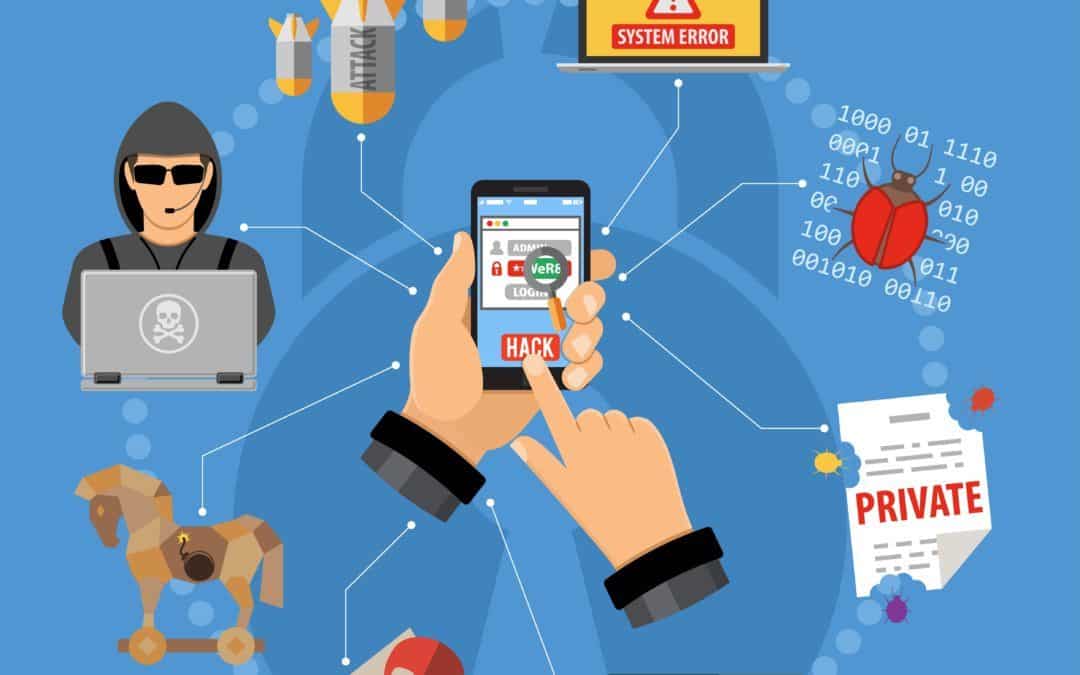The shared, on-demand nature of cloud computing can only lead to more concerns about data security on the one hand and often forgotten areas like misconfiguration on the other.
Best Practices Begin with a Solid Cloud Adoption Strategy
The Cloud Security Alliance (CSA) pegs misconfiguration as a very real component to security threats. The Alliance is a leading global organization that not only sets “standards, certifications as well as best practices,” but annually lists top threats to cloud security. The biggest risks to today’s cloud strategy are related to an overall, poor cloud adoption strategy.
Invariably, overlooking these areas can torpedo a company’s risk-management game plan. Generally, these sectors include data breaches, of course, but also:
- Misconfiguration and improper change control
- Overlooking the importance of cloud security architecture/strategy
- Faulty permissions strategy and credentials
- Threats from inside the company
- Accounts ‘stolen’ by a hacker
- Vulnerable APIs and interfaces
- Vulnerable routing protocols (control plane)
Secure Your Single and Multiple Cloud Networks
According to CSA, these ‘call-to-actions’ should be a high priority for SMB decision-makers in order to secure their single, or multi, cloud strategies.
“The complexity of the cloud can be the perfect place for attackers to hide, offering concealment as a launchpad for further harm. Unawareness of the threats, risks, and vulnerabilities makes it more challenging to protect organizations from data loss. The security issues outlined….are a call to action for developing and enhancing cloud security awareness, configuration, and identity management,” said John Yeoh, Global Vice President/Research for CSA.
Contact us to discover how you can partner with a proven, managed service provider (MSP) to achieve your security goals. Our expertise can not only help you deploy your programs and apps to the cloud but provide all the necessary security backups in a timely manner—and with minimal disruption to your network.






